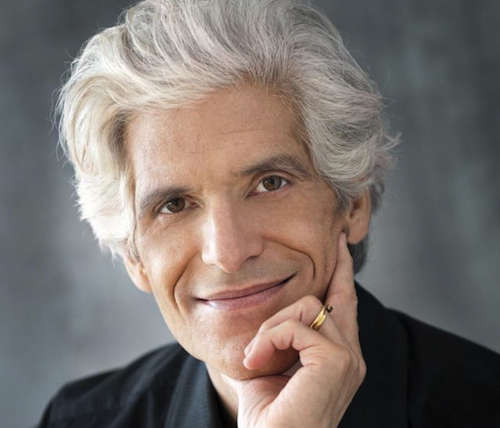
Throughout time, people have done whatever they could to quell anxiety. When we are anxious, we are less sure of the decisions we’re making and more likely to do something to make that uncomfortable feeling go away—even if it’s dangerous or impulsive. Yet by befriending our anxiety, we may be able to live in better alignment with our own code of ethics.
Anyone who has experienced anxiety knows what an uncomfortable emotion it is and how tempting it is to subdue it. In an interesting article called “Worried Well” Charlie Kurth, assistant professor in philosophy at Washington University in St Louis, MO, suggests anxiety is actually a good thing.1 Anxiety can give us a warning that our current situation needs to change. Just what that change is depends on the kind of anxiety.
Kurth describes four different kinds of anxiety, all of which can be surprisingly beneficial.
- Social anxiety occurs when we are in a social setting and realize our behavior is inappropriate for the circumstance. Because we have a need to fit in and be accepted by our peers, the uncomfortable nature of social anxiety can prompt us to pay more attention to how we are perceived and to be more conscientious about how our behavior is affecting others.
- Punishment anxiety has to do with the fear of consequences. Wait until your father comes home is a phrase my friend Amy heard often growing up. Once, Amy broke something that was very important to her father and was overwhelmed by anxiety, waiting hours to hear her punishment.
- Existential anxiety—when you worry about your place in the universe or about whether God exists or is present in your life—gives us reason to question many of our principles, including our religious or spiritual beliefs.
- Moral anxiety may overcome us when we struggle with a tough question. When we experience moral anxiety, we put our principles and moral behaviors under a microscope in hopes that we act in accordance with them.
I am fascinated by this concept of moral anxiety. I know people who struggle to make the right decision because of how they will be perceived by others. Unlike social anxiety, moral anxiety causes us to wonder whether our decisions are aligned with our own morals.
Here are three reasons I believe we should cultivate moral anxiety:
- Enhanced sensitivity and the ability to understand the complexity of moral dilemmas. Mark takes his aging mother Ann to her oncologist, after she was diagnosed with cancer. When her doctor suggests chemotherapy and radiation, Mark helps her research other alternative therapies because he knows Ann is against traditional treatments.
- Ability to see both sides of an issue. According to a study published in the American Journal of Political Science, Michael MacKuen, head researcher, observed that someone who does not experience the nudge of moral anxiety is less likely to learn both sides of political issues. Although he favors conventional treatments, Mark is more likely to discover excellent alternative treatments that address both of their concerns.
- Worry about doing the right thing. Mark is conflicted. He wants to follow the doctor’s recommendation, because he believes his mother is likely to recover from a traditional treatment. Mark also wants Ann to be happy with the treatment decision, and suspects Ann’s recovery will be negatively influenced if she does something she believes it is wrong for her. Mark’s moral anxiety may help them weigh the options and arrive at the best decision.
The next time you feel anxious, rather than squelching it, give some thought to the kind of anxiety you are experiencing. There may be an important message worth heeding. If your anxiety is causing you to question a moral dilemma, embrace it—or at least be open to it. The anxiety you are experiencing may be more helpful than you realize.

Rose Caiola
Inspired. Rewired.
Resources:
1. Kurth, Charlie. Worried Well, Aeon online, February 2015.

